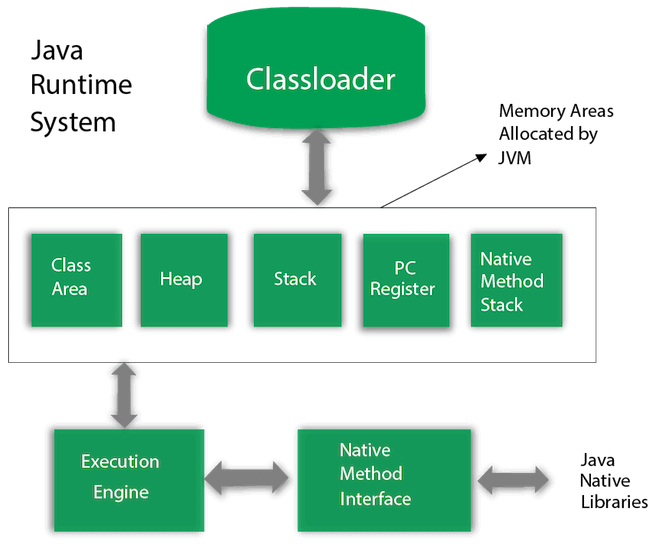Here's a simplified breakdown of each of those features:
1. Simple:
Java's syntax is easy to understand and use, making it accessible for beginners to learn and write code.
2. Object-Oriented:
Java follows the object-oriented programming (OOP) paradigm, which means it's based on the concept of objects and classes. This helps in organizing and managing code effectively.
3. Portable:
Java programs can run on any device or platform that has a Java Virtual Machine (JVM), making them highly portable and adaptable.
4. Platform Independent:
Java code can run on any platform with a JVM, regardless of the underlying hardware or operating system. This means you write code once and run it anywhere.
5. Secured:
Java has built-in security features like bytecode verification and a security manager, which help protect against security threats and malicious code.
6. Robust:
Java is designed to be robust, meaning it can handle errors and exceptions gracefully. It has features like automatic memory management (garbage collection) and strong type checking to ensure reliability.
7. Architecture Neutral:
Java's bytecode can be executed on any system, regardless of its architecture, making it architecture-neutral.
8. Interpreted:
Java code is first compiled into bytecode, which is then interpreted by the JVM at runtime. This allows for platform independence and makes debugging easier.
9. High Performance:
Java offers high performance through features like Just-In-Time (JIT) compilation and optimization techniques, which translate bytecode into native machine code for efficient execution.
10. Multithreaded:
Java supports multithreading, allowing programs to execute multiple tasks concurrently. This improves performance and responsiveness, especially in applications with heavy processing requirements.
11. Distributed:
Java provides libraries and APIs for building distributed applications, enabling communication between different components over a network.
12. Dynamic:
Java is dynamic in the sense that it supports dynamic memory allocation, dynamic class loading, and reflection, allowing for flexibility and adaptability in programming

No comments:
Post a Comment